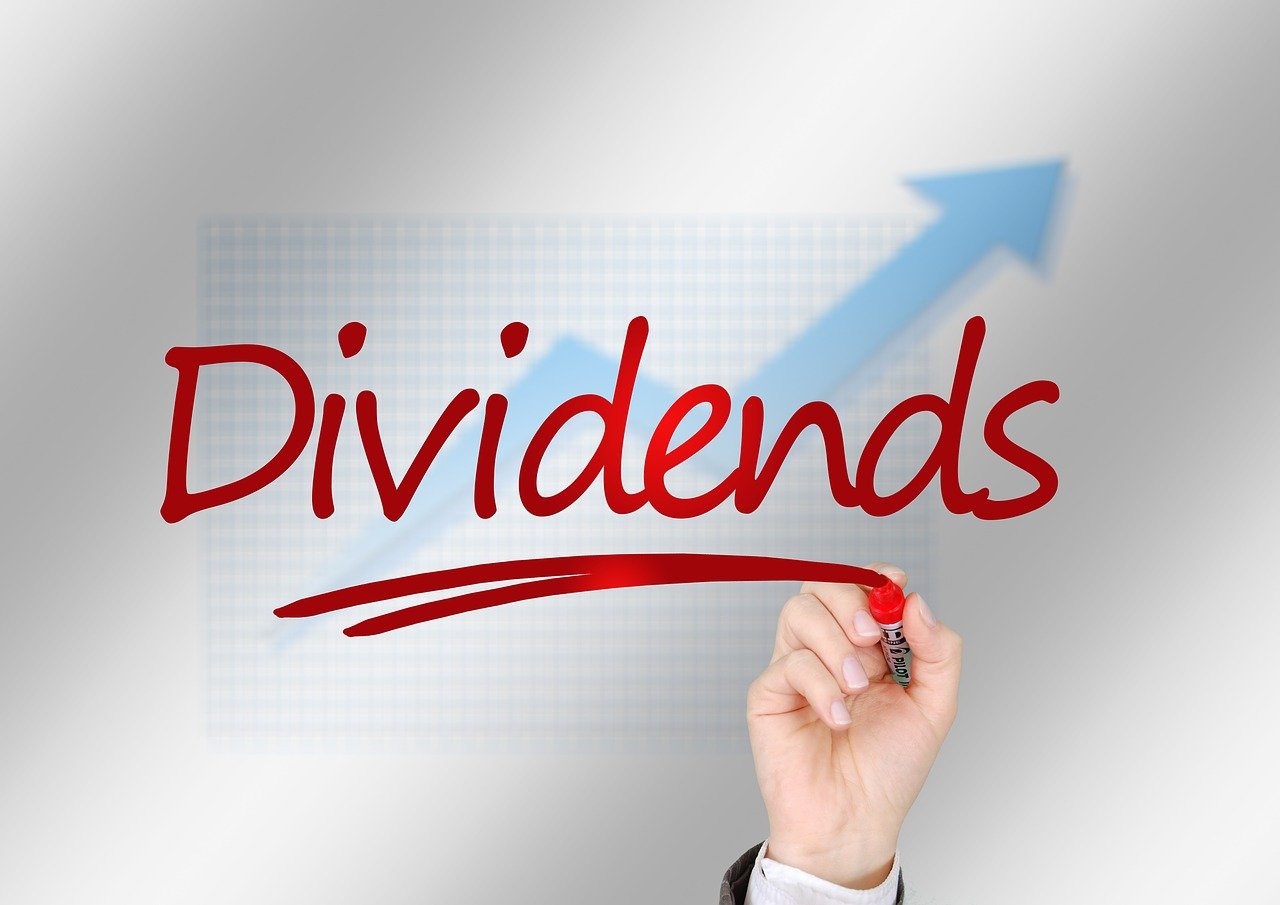Since the beginning of the year, we’ve been hearing increasing amounts about what Artificial Intelligence (AI) can do – for good, and for bad – and getting hints of how it might change our lives. My experience of AI is that the “I” is stretching it a bit much at the moment – it doesn’t seem very intelligent at all (when I tried it out, it didn’t seem to appreciate that the British world of financial services is quite different to the US)! However, I’m not writing it off; we can expect it to become more intelligent, and to start to make noticeable differences to our lives over the years to come.
One area in which, I think, we may start to see an impact sooner, rather than later, is in the field of fund management. An interesting piece of publicity by comparison website Finder (https://www.finder.com/uk/ai-investing) showed how AI can be used to pick shares for a fund; Finder went on to make some questionable claims about its hypothetical fund (probably telling us quite a lot about the unreliability of humans!) but it’s clear that AI can be used to choose shares for a portfolio, and it only seems a matter of time before we see the first real fund being managed by a robot. I am sure that the owners of fund management companies will be taking notice, and wondering whether they can replace the expensive and unreliable humans who are currently managing their funds. Humans take holidays, get ill and sometimes come to the office feeling under par. If the human fund manager you employ hasn’t been performing recently, an AI robot may seem like an attractive alternative.
Funds managed by computers are not a new thing, of course. Many of the UK’s largest funds are index tracking funds, which use computers to buy stocks in line with an index. Human involvement in these funds is minimal. Index trackers have become part of the landscape of investment management, due to their reliability and low costs, and most of our clients will find index trackers in their portfolios.
Of course, most funds couldn’t be managed without the help of computers to, at least, sort through the huge amount of available data. I doubt that anybody has the brain power to choose a portfolio of global shares from the 8,000 companies available – even “star” managers need a computer to help them decide which shares to look at.
Artificial Intelligence is different to the programmes used for index tracking and to sift data – AI learns and should be expected to get better at what it does over time. However, it will only learn what we tell it to – a share picking programme shouldn’t get bored of the City and decide that it would rather be carrying out biomedical research (or vice versa)! Likewise, if we tell a programme to pick some shares for long term growth, it’s unlikely to learn how to choose which shares are best for a high and sustainable income. An AI fund manager is less likely to get distracted, but won’t have a human’s intuition.
Fund management may be an area where we see a competition between people and AI. People may be able to exploit the inbuilt weaknesses of AI, but AI may also learn to exploit human weaknesses too. Whilst a battle between AI and humans seems dramatic, it is more likely that we will find that humans and AI collaborate, with AI being used as a source of competitive advantage for fund managers. Who knows, one day an AI may even recommend an investment in its own creator!
As you might expect, this is an area which we will be keeping close tabs on; my hope is that AI will increase productivity in the fund management industry, and in turn, this should reduce the charges you pay.
Philip Wise | philip@sussexretirement.co.uk
Managing Director and Chartered Financial Planner



